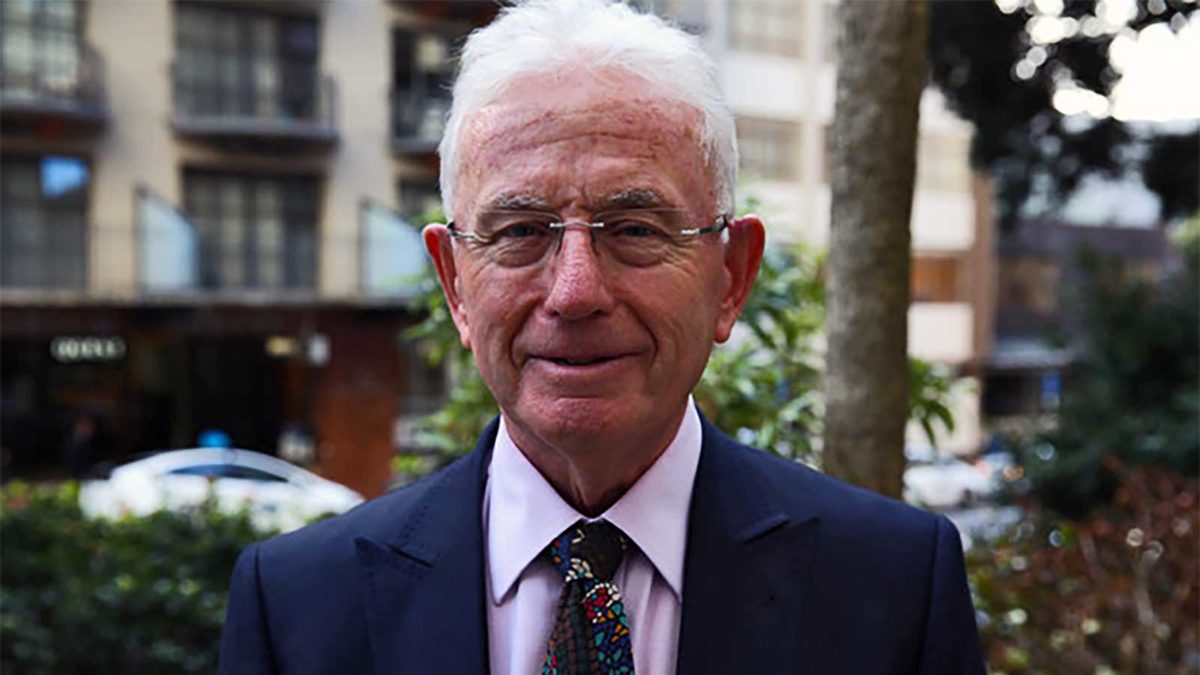Vale Sir Michael Cullen
Sir Michael Cullen, the political force behind the establishment of NZ Super and the KiwiSaver scheme, has died at 76 after a battle with cancer.
The NZ Labour politician, deputy prime minister and finance minister, will likely be remembered more widely for his liberal views, including legalised euthanasia, and generosity of spirit towards the less privileged of society.
But the NZ financial services industry also owes him an enormous debt as the brains behind the now almost NZ$60 billion (A$57 billion) sovereign wealth fund that will forever be associated with his name – indeed, many still refer to it as the ‘Cullen Fund’ – and the NZ$80 billion plus KiwiSaver universe.
In pushing for NZ Super, formally created under his early watch as finance minister in 2001, Cullen reinvigorated the local investment scene; opening the way for stellar careers, life-changing mandates for NZ fund managers and high-paid jobs for more than 160 at the latest count.
It helped, too, that NZ Super has consistently churned out solid investment performance – averaging almost 10.6 per cent since inception – and matured into a world-leading sovereign wealth fund in areas such as responsible investing.
In a statement, the recently appointed NZ Super chair, Catherine Drayton, described Sir Michael as a “true visionary”.
She said: “The ‘Cullen Fund’ as it was initially nicknamed has now grown to be worth $58 billion and is projected to reach $100 billion by the end of the decade. His legacy will put New Zealand in a stronger position to provide dignity to those in retirement.
“We are privileged to continue building on Sir Michael’s vision and trust his family take solace in the fact his work will live on for many decades to come.”
If the NZS was an institutional triumph, however, the purpose and operation of the fund remain somewhat opaque to the general public despite the fund’s famous transparency.
By contrast, KiwiSaver – Cullen’s follow-up act in 2007 – galvanised both ordinary citizens and the NZ financial services industry around a new savings culture.
In fact, the early enthusiasm for KiwiSaver took Treasury wonks by surprise, forcing them to revise up forecast membership growth (and fiscal costs) for the quasi-compulsory regime. As of this year, KiwiSaver now serves over 3.1 million members spread among 37 schemes.
Last September, just after his lung cancer diagnosis became public, Cullen confided in a ‘fireside chat’ that he had just one regret about KiwiSaver: “If I was to do it again, I’d make the $1,000 sweetener apply at age 18 rather than being able to be used at age zero,” he said. “That was a bit of a design error… it was quite expensive as a consequence.”
Less well-appreciated, though, is the tax transformation of the entire NZ funds industry that Cullen ushered in with KiwiSaver.
The portfolio investment entity (PIE) rules, introduced initially to make KiwiSaver palatable by linking individual tax rates to investment returns, rebooted an industry that had been hamstrung for years under rules that favoured individuals over collective investment vehicles.
PIE funds, which include a tax-break for mid- to high-income earners, are now the go-to product for NZ fund investors.
Coincidentally, Sir Michael’s final foray into public life also centred around tax. As chair of the Tax Working Group (TWG) he was charged with the almost-impossible task of designing a capital gains tax (CGT) for a country dead-set against it.
In fact, after tabling the infamous final TWG report, the-then newly installed Prime Minister Jacinda Ardern swore-off a CGT indefinitely. During the TWG period, however, Cullen offered enormous fun for nosy journalists.
Prior to the TWG, I had only minor face-to-face with Sir Michael – when he piled into a lift in Wellington’s iconic James Cook Hotel. But as the TWG saga wore on through 2018-19, he would always answer calls, talking freely and honestly about whatever was on his mind.
I woke him up one sunny afternoon with a call, he’d been drowsing outside – probably reading the latest TWG technical tax paper. He probably should have kept on sleeping but Cullen was always a polite politician.
To break the ice – not that there was much ice to break – I asked him if he was going to be the godfather of Ardern’s just-released child (it was about that time).
“As a life-long atheist,” he told me. “There isn’t much chance of me being a godfather.”
Honest to a fault. Thanks for all your efforts, Sir Michael.











